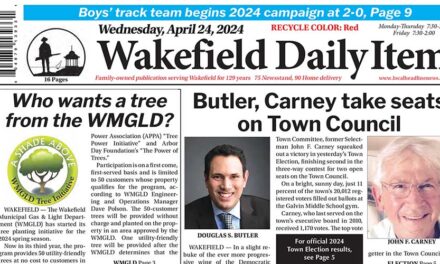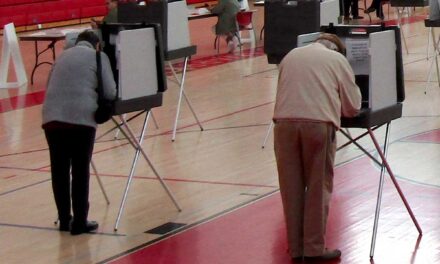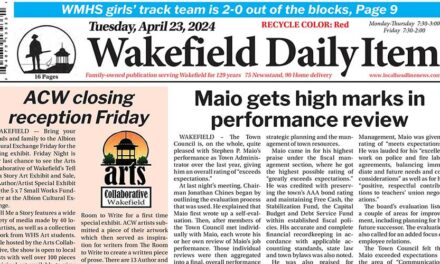By MARK SARDELLA
You’ve got your work cut out for you this fall.
It’s called voting, and you’re going to have to do it not once, but twice.
I’m exhausted just thinking about it.
Hopefully you’ve recovered from voting in the local Special Election on July 19 and have spent the summer resting and building up your strength for the State Primary on Thursday, Sept. 8. Thankfully, the Presidential Election is two full months after that, so you’ll have a little time to recuperate from the Primary before you have to cast yet another ballot.
I know voting must be very hard. Why else would the state have enacted a whole set of “reforms” in 2014 designed to make voting “easier?” These reforms are set to go into effect with the Nov. 8 Presidential Election.
Until then, please try to soldier on, voters.
One of those reforms is “early voting.” Because of the extreme difficulty of finding five minutes to get to the polls during the 13 hours that they are open on Election Day, we’ve expanded it so that now, in state and federal elections, you can vote at Town Hall up to 11 days before the election. Apparently this will increase voter turnout among those people who are so busy that they can’t manage to get to the polls on one or two specific days a year and can’t possibly find the time to ask for an absentee ballot.
Interestingly, this particular “reform” will not apply to municipal elections or State Primary Elections, where turnout is often dishearteningly low. It only applies to state and national general elections, in which turnout is traditionally high anyway because everyone wants to vote for president or governor.
As long as we’re doing this, wouldn’t it have made sense to see the impact of early voting by applying it to municipal elections? Maybe that’s one reason it wasn’t.
Another of these wonderful reforms ostensibly aimed at increasing “participation” in elections is “pre-registration” of 16- and 17-year-olds. Pre-registration for 16- and 17-year-olds allows them to be registered as “pre-registrants” in the annual voter registry and then automatically registered to vote once they hit the legal voting age of 18. Pre-registration is done in high school classes and at the Registry of Motor Vehicles.
Because if there’s anything more onerous than dragging yourself to the polls a couple of times a year to vote, it’s that grueling trek to Town Hall to register.
They say that people don’t value things that they didn’t work for. So how will relieving 18-year-olds of the responsibility for registering to vote teach them to appreciate the franchise more?
It’s probably just a coincidence that the legislators that pushed reforms like preregistration of high school students tend to be the same ones that teachers’ unions give generously to. I wonder what kinds of candidates they expect these young independent thinkers to be voting for.
Come to think of it, why even put the kiddies to the stress and inconvenience of voting? Let’s just cast their votes for them. (I’m sure if the reformers thought they could get away with it, they would.)
Lots of people see through these “reforms” but won’t say anything due to the social consequences. See, if you favor these measures, you’re a good person who supports inclusion. If you see through them as meaningless, feel-good measures, you are a heartless, anti-democratic type who delights in disenfranchising voters.
Of course the same people who push these election “reforms” on us rail against the one reform that would actually make sense: Voter ID. You can’t buy over-the-counter cold medication at the pharmacy without an ID, but God forbid we ask someone to flash their ID when they vote.
“There’s no evidence of rampant voter fraud!” is the talking point used by those opposing voter ID. We don’t see widespread reports of transgender discrimination either, but we still pass laws to prevent it.
There’s a pretty much universally accepted maxim, attributed to Benjamin Franklin: “An ounce of prevention is worth a pound of cure.”
I don’t recall wise, old Ben listing voting and elections as an exception to that rule.





